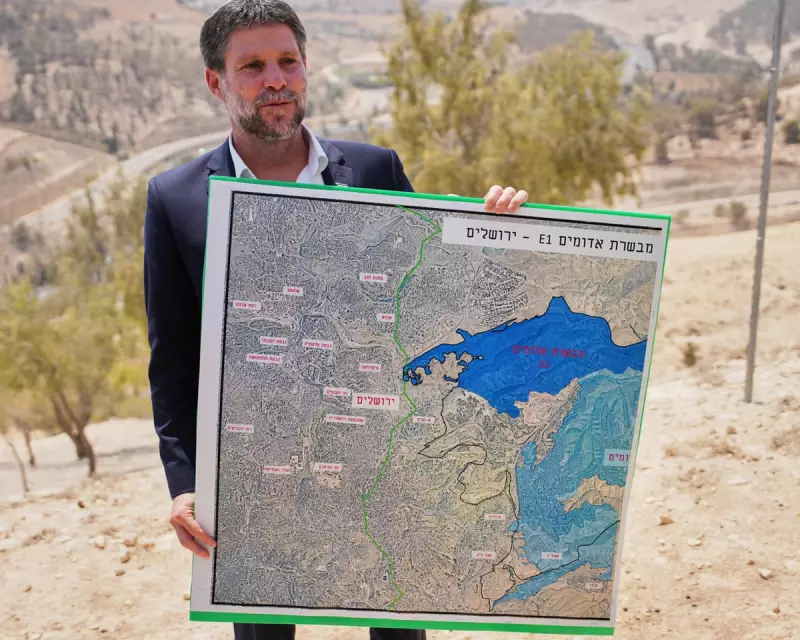
A significant shift in the geopolitical landscape is underway as a growing number of European nations formally recognise Palestinian statehood, a move set to deepen existing diplomatic fractures on the world stage.
Ireland, Norway, and Spain have announced their intention to officially recognise Palestine as a sovereign state, a decision that has ignited a fierce response from Israel and exposed the widening gulf in international approach to the Israel-Palestine conflict.
A Coordinated Diplomatic Offensive
The announcements, made in a closely coordinated manner, represent a powerful symbolic gesture. Irish Taoiseach Simon Harris declared the move "an act of powerful political and symbolic value," emphasising a belief in "permanent peace." This sentiment was echoed by Spanish Prime Minister Pedro Sánchez, who framed the recognition as a vital step towards a two-state solution.
Norway’s foreign minister, Espen Barth Eide, stated the decision was made to strengthen moderate forces in a region increasingly polarised by the devastating conflict in Gaza. The recognitions are scheduled to take formal effect on May 28th.
Israeli Fury and Immediate Repercussions
The Israeli reaction was swift and severe. Foreign Minister Israel Katz accused the nations of rewarding terrorism and recalled Israel’s ambassadors to Ireland, Norway, and Spain for immediate consultations. In a strongly worded statement, Katz said, "Israel will not remain silent in the face of those undermining its sovereignty and endangering its security."
Israeli officials have condemned the timing of the decision, coming in the wake of the October 7th Hamas attacks. They argue such moves legitimise Hamas and undermine efforts to secure the release of remaining hostages.
Deepening the Global Divide
This wave of recognitions threatens to create a stark diplomatic divide within Europe and beyond. While Slovenia and Malta have indicated they may follow suit, other major EU powers like France and Germany maintain that recognition should come only as part of a negotiated peace settlement.
The move places immense pressure on the United Kingdom, which has long held a position that recognition should follow a successful negotiation. The Foreign Office reiterated its stance, stating it would recognise a Palestinian state "at a time it best serves the cause of peace." This puts the UK at odds with several of its European neighbours and highlights the lack of a unified Western approach.
With the International Criminal Court seeking arrest warrants for top Israeli and Hamas leaders and the International Court of Justice examining the legality of the Israeli occupation, these recognitions add to the immense international pressure currently facing Israel.
The path forward appears increasingly fragmented. As more nations choose sides, the prospect of a cohesive, internationally-backed peace process seems more distant than ever, signalling a new and volatile chapter in Middle Eastern diplomacy.






